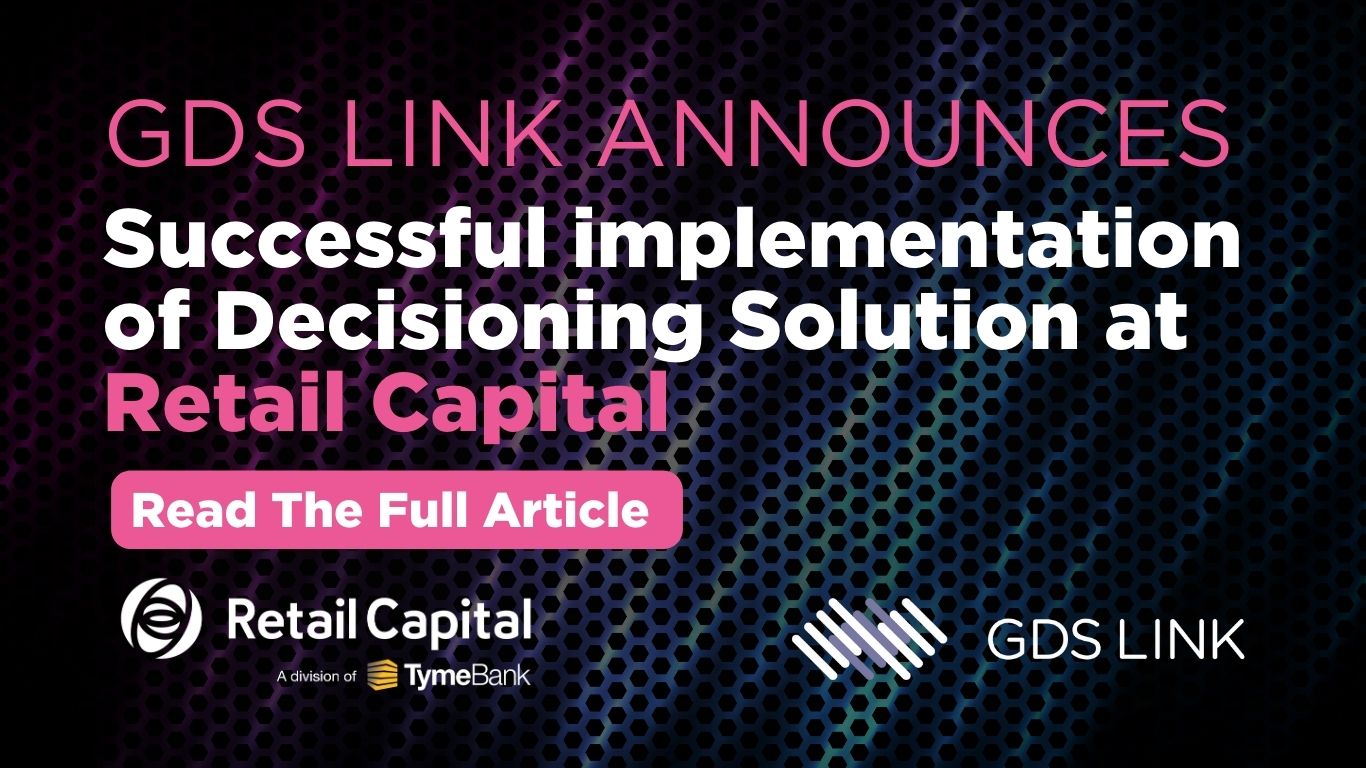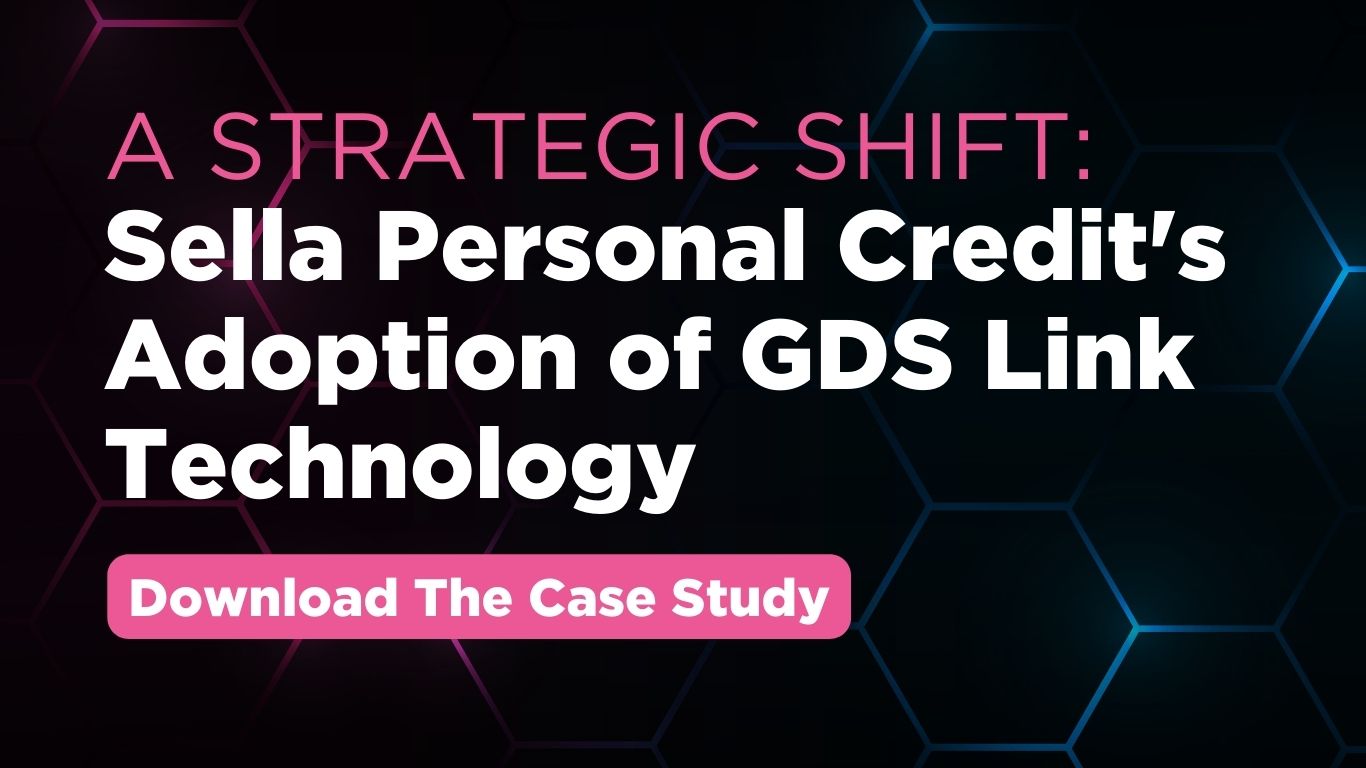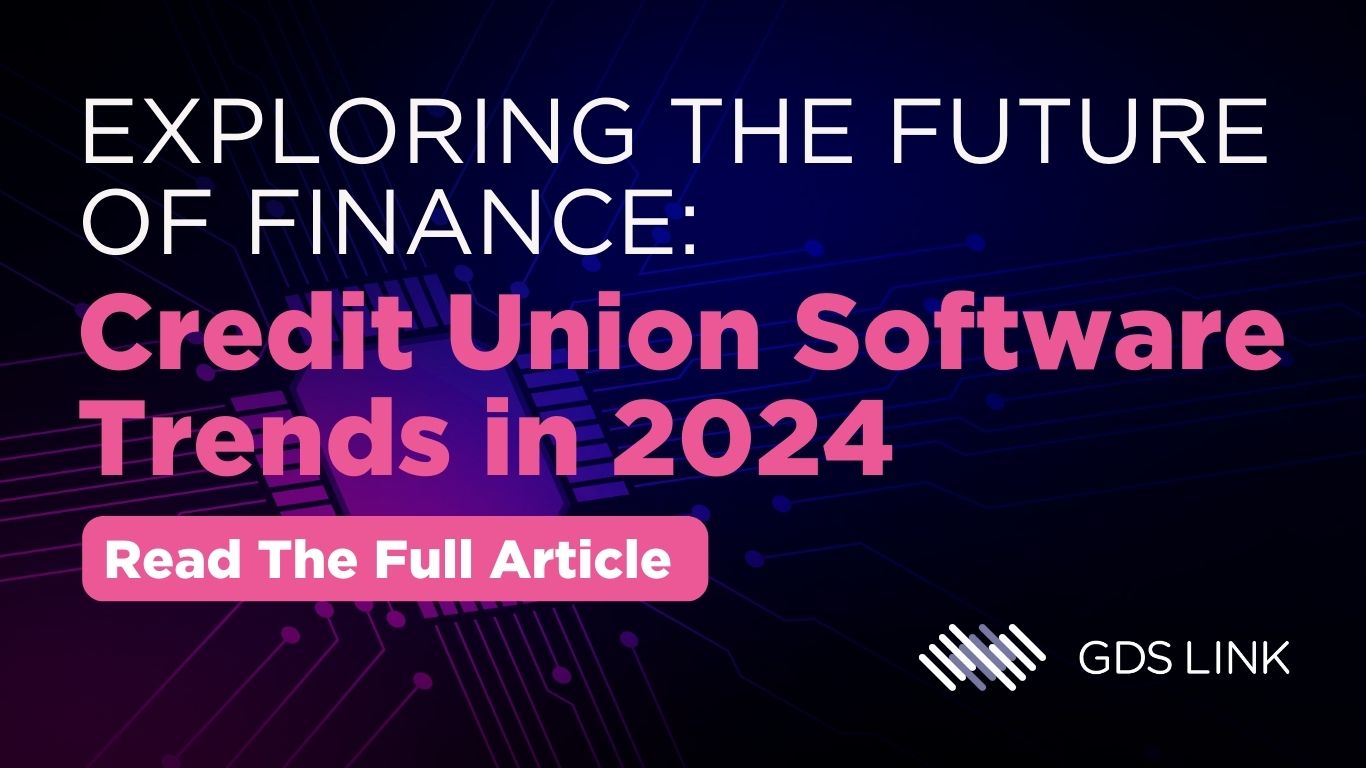SME lending is inherently unfair. It’s simply the reality of profit margins being higher for larger loans, and larger companies generally having higher levels of security.
After all, a borrower with a thousand clients is probably going to be a safer bet than a borrower with only ten.
But it doesn’t have to be this way.
Smart data is changing the way in which lenders make their decisions and enabling them to offer smaller companies better rates and less punitive caveats.
The key is not the size of the data pool but rather the software that’s used to interpret it. It’s “smart” data, not “large” data for a reason.
But before we can get our heads around why smart data has the potential to level the playing field, we need to understand why it’s so uneven to begin with.
Smaller profit margins produces poorer service
A small company seeking a £50K loan needs to have the same credit checks as a big corporation seeking a loan of £50M, but the predicted profit on the smaller loan is so much smaller, it’s all too easy to burn through all of the profit while investigating the company’s ability to repay.
By the time you’ve pored over the SMEs accounts, researched the directors, visited the office in person, and established their ability to repay, that’s pretty much all the margin gone.
No wonder that most lenders find it easier and more profitable to simply crank up the interest rates being offered or ask the directors to put up their personal homes as equity. Larger companies asking for larger loans, on the other hand, are more likely to get a positive decision and are more likely to be offered better rates.
The lenders don’t want to provide smaller companies with a bad customer experience, but that’s what they get right now. And, to be fair, it would be unreasonable to expect lenders to start taking a loss on extending credit to small businesses, just to prove a point.
And therein lies the answer.
If the reason for the inequities comes down to profit margins, all we have to do is make it faster, easier and cheaper for lenders to make accurate decisions.
Smart data makes sense of big data
It’s easier than ever to get banking data and accounting software data from the borrower. But this hasn’t resulted in faster and more equitable lending, as might have been expected.
If anything, it’s made things more complex.
Lenders now have more data than ever to review and, inevitably, this has the tendency to throw up new questions that need investigating. Why did this borrower’s biggest client stop paying for six months? What was this large purchase for back in March? Why did the wage bill suddenly go up by 30% three months ago?
More data has simply become more information that needs to be reviewed. And because you inevitably find a mixture of data points that are good, bad or somewhere in between, you don’t necessarily end up with a clearer answer.
The whole process is inefficient and, worse, is resulting in bad decisions. Both for the lender and the borrower.
This is where smart data comes in…
Smart data uses algorithms to review the data and look for patterns or for the information that is most germane to the question that needs answering. Essentially, it’s about cutting through the noise and getting to the heart of what you really need to see to allow you to make a lending decision.
Not only can smart data summarise and highlight the elements that are more interesting and most important, it can also decide which of those elements are most relevant to the purpose of the loan.
Just because you can, doesn’t mean you should…
This is where smart data gets really interesting. With the right decisioning algorithm, it can figure out what is most important to reaching an accurate decision, making it unnecessary to scrutinise every last detail.
For instance, if a small business wants a £50K loan to buy some tools, you might want to look at the firm’s cash flow, the reliability of their clients, the value of their business premises and the details of the tools they’re going to buy.
All of that information is useful, but not equally so.
In the above instance the bulk of that decision can be made based on what the tools are and how well they keep their value. In terms of risk, knowing that the tools will retain the majority of their value for the next five years is important information should the worst happen.
It’s not that the other information isn’t useful, it’s simply less relevant to making an accurate decision.
That’s just one example. In other instances it might be more important to know the reliability of the borrower’s clients. Or the value of the businesses’ premises. Or the seasonal bump the company enjoys every year.
Because smart data hones in on what is most important, it’s proven to improve the accuracy of lending decisions, while also allowing the lender to spend less time and money on the decisioning process.
But it gets better…
Smart data can also check due diligence data points automatically, and only flag something to be reviewed manually if it falls outside of certain criteria.
For example, it’s common for a lender to manually review the profile of every director at a company. But is that always necessary? If the company has been trading for 10 years, there’s been no turnover of directors, and they all have good personal credit scores, a closer look is very unlikely to reveal anything more significant.
Smart data is perfectly capable of automatically checking those details. Human intervention is then unnecessary unless the software spots something that is outside the norm.
That’s just one example. Now imagine smart data reviewing the borrower’s banking data and accounting software data, programmed to check for key information, and then either giving a digital thumbs-up, or flagging something for an underwriter to double-check.
Smart data is the gift that keeps on giving
Smart data helps lenders to reach underwriting decisions faster and with greater accuracy.
That saves the lender time and money.
Which… as you’ll recall…
Is exactly what we determined is necessary to allow lenders to remove the inequities of SME borrowing.
With smart data, more of that profit margin is reserved because fewer manual checks are required, data can be reviewed faster and fewer checks may be required overall.
That gives lenders the room to offer more attractive rates and, hopefully, reduce the need to ask directors to put up personal security.
And there are other beneficial effects…
Smart data can add flexibility to the process within certain boundaries. For example, if the borrower, at the last minute, wants to add an extra £5K to the loan, the software can make that decision without the need to refer everything to an underwriter.
When properly set up, smart data can find all sorts of different ways to remove laborious, manual checks, without negatively impacting accuracy.
Last, but not least, a lender that uses smart data is a greener lender. Not just because there is a general reduction of paperwork, but also because it massively limits the need for in-person visits. That’s reduced travel time and fewer CO2 emissions for everyone.
The days of printing out bank statements, posting or hand-delivering documents to a bank, setting up in-person meetings are disappearing. And smart data, sitting comfortably in the cloud, accessible from anywhere with an internet connection, is speeding up that process.
Challenger banks are already making good use of this technology to win over small businesses, always mindful that today’s SMEs are tomorrow’s unicorns. For the larger, well-established lenders, it’s in their best interests to follow suit sooner rather than later.










